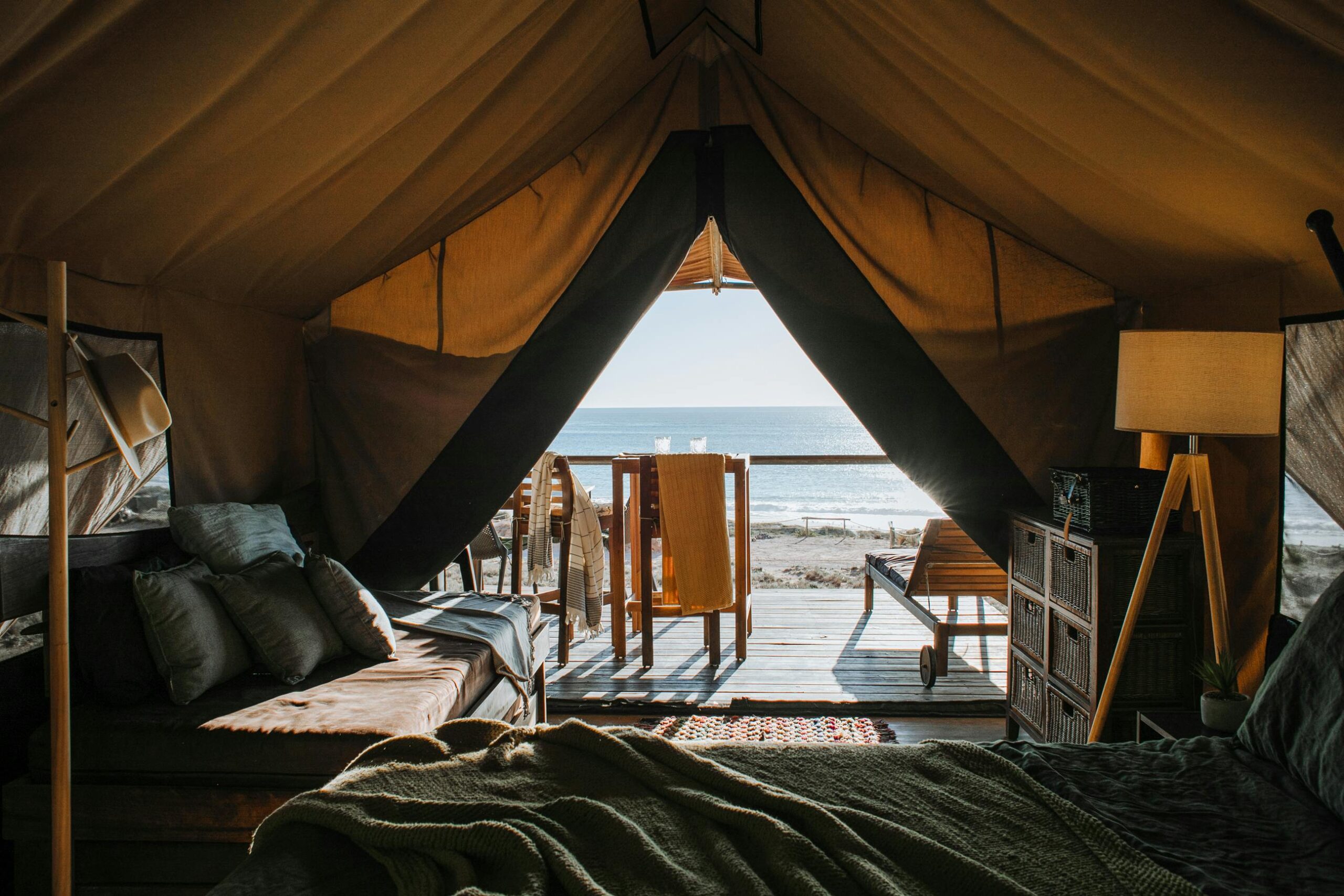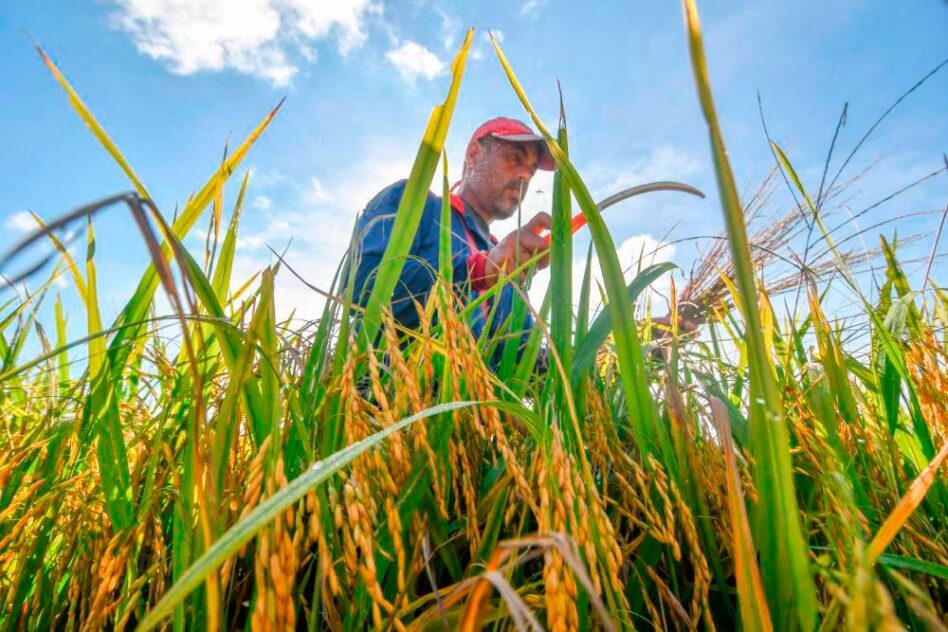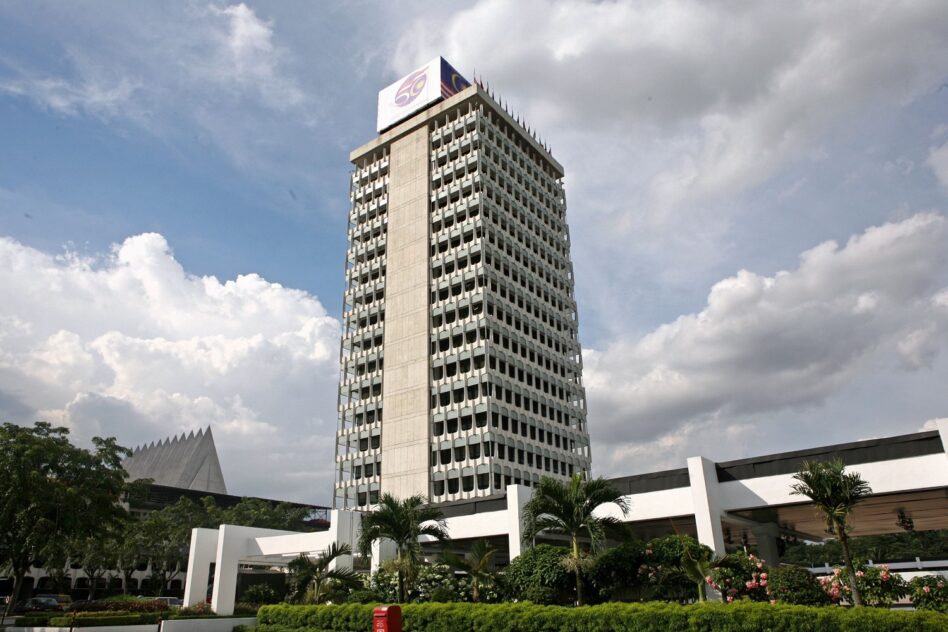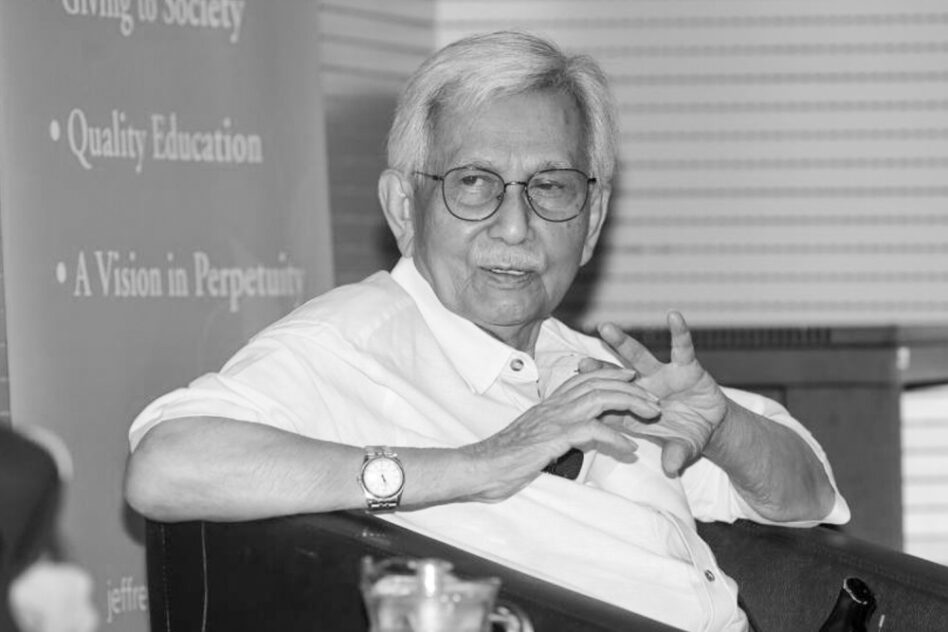FOR thousands of years, long-distance travellers pitched tents in the wilderness before nightfall. Today, children would be thrilled with camping, even if it is just within their backyard.
But to make it a more profitable business, operators should venture into glamorous camping or glamping that offers comfort without having to rough it out as in camping with bare necessities.
Owners with a suitable piece of land can offer such facilities. Ideally, the campground be raised slightly and surrounded by a shallow drain where powdered sulphur could also be spread to repel snakes and insects.
Campsites in forested areas or next to mountain streams, rivers, lakes, or seas are idyllic. Even so, safety and security are of paramount importance for those spending overnight in the open.
Many prefer using caravans that offer more comfort and protection than a flimsy tent. However, anyone looking at the caravan business could easily be confused by the myriad of industry terms.
The vehicles used may be called campers, campervans, caravans, house trailers, motor homes, mobile homes, or recreational vehicles. Most are self-propelled allowing customers to drive.
They can be converted from a production vehicle or built on a small or large lorry or bus chassis, or atop trailers as living quarters. All have their pros and cons – it all depends on suitability.
Caravan parks
One of the main reasons why caravanning remains unpopular in Malaysia is due to the lack of suitably located caravan parks across the country and it will remain status-quo for a long time.
But rather than sticking to tunnel vision, entrepreneurs could find the volume and success in this business by scouting for sites to house only a few caravans and there are thousands of them.
There is no need to own or rent a large piece of land accessible by road, connect it with electricity and water, and provide security to turn it into a caravan park, as costs would be high.
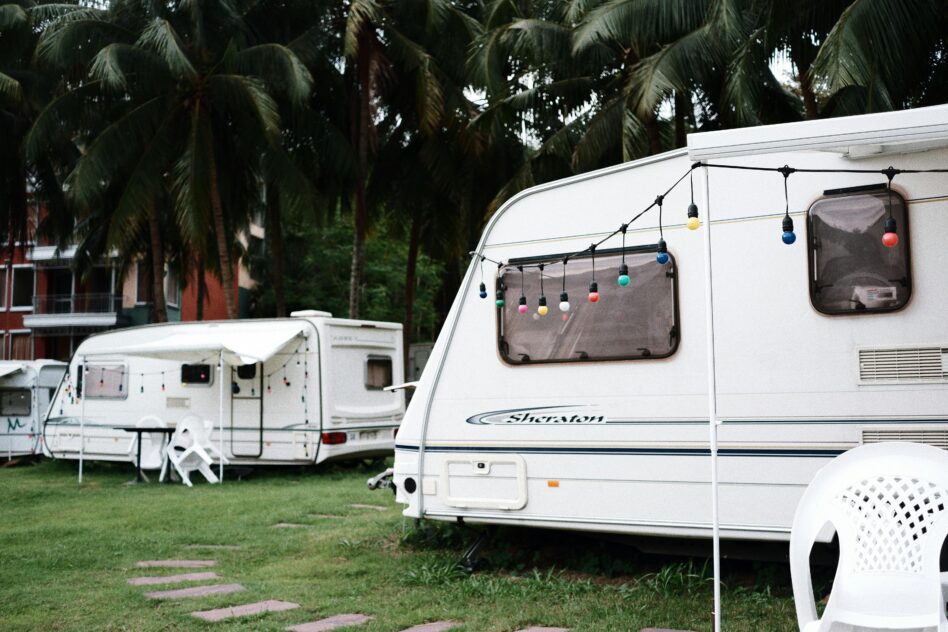
Many houses and buildings with empty spaces can accommodate one or more caravans, and owners could profit by charging for parking and utilities consumed by caravans.
They can range from houses on landed property in urban and rural areas to smaller factories and warehouses, hotels and chalets, farms and plantations, and even clubhouses in golf courses.
Mobile homes
As caravans are costly and risky to invest in, cheaper options would allow more entrepreneurs to venture into something new that benefits operators and tourists.
The first is to convert phased-out shipping containers that are 8 feet wide and could be 10, 20 or 40 feet long as mobile homes. But they are only feasible if placed at the same spot for a length of time, as transport and hoisting costs are high.
The second would be building a box structure on top of a small trailer frame with a single axle with two wheels that can easily be pulled by a tow truck or hooked to a pickup truck that could be driven by a worker or customer.
This would allow rentals to be affordable and the business feasible even if such a mobile home is placed at a location for just one or two days. Also, a structure on wheels does not fall under the ambit of city halls or municipal councils.
Those living in bungalows may rent a trailer house just for fun and park it within the compound, more so when many family members and relatives are gathered there to stay overnight.
So, how about that? Operators of trailer houses would be able to bring tourism right to your doorstep, not just for visitors but also provide the safest staycation and children will be thrilled.
By facilitating the long arm of tourism to finally reach all corners of the country, many small towns and villages would also benefit from tourists staying in trailer houses and mobile homes.
Visitors shop for local produce, patronise eateries and contribute to the economy. Instead of being bystanders, many people can now provide accommodation and benefit from tourism.

The above was written several years ago and now is the opportune time to have it published after Sabah Credit Corporation (SCC) introduced a mobile trailer model and will provide financing facilities, training and guidance for operators, including how to service and maintain them well.
Sabah Tourism, Culture and Environment Minister Datuk Christina Liew described it as a perfect choice for travel enthusiasts and could boost rural tourism in the state.
She said, “It is a novelty, something new for the state in providing unique experiences for domestic and international tourists alike.”
The imported caravan measures 3800mm long, 2100mm wide and 2400mm tall. It needs to be towed by a sturdy SUV or pickup truck. If towing vehicles are to be driven by tourists, then they must be licensed under “Hire & Drive” and JPJ approval obtained for towing.
Except for existing car rental companies, it will be too formidable for graduates and school leavers to venture into tourism entrepreneurship via caravans as suggested by SCC’s CEO.
However, there are hundreds of opportunities in Sabah and many thousands nationwide to rent out small pieces of unused land to station temporary trailer houses, which are more affordable, and is a form of short-term rental accommodation, but without disturbing others. – Oct 29, 2024
YS Chan is the master trainer for Mesra Malaysia and Travel and Tours Enhancement Course. He is an Asean Tourism Master Trainer and also a tourism and transport business consultant.
The views expressed are solely of the author and do not necessarily reflect those of Focus Malaysia.
Main image: Pexels/Rachel Claire


